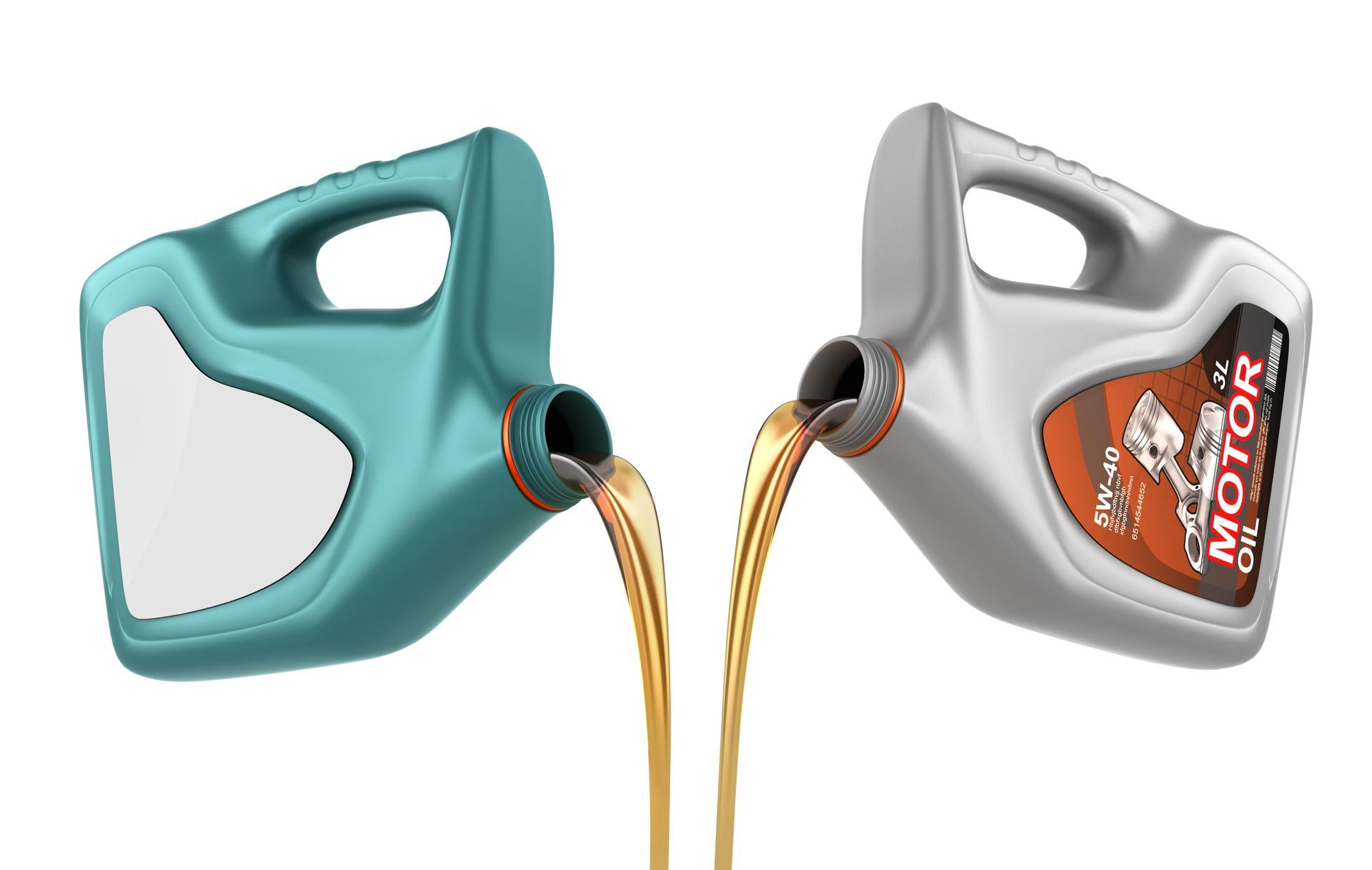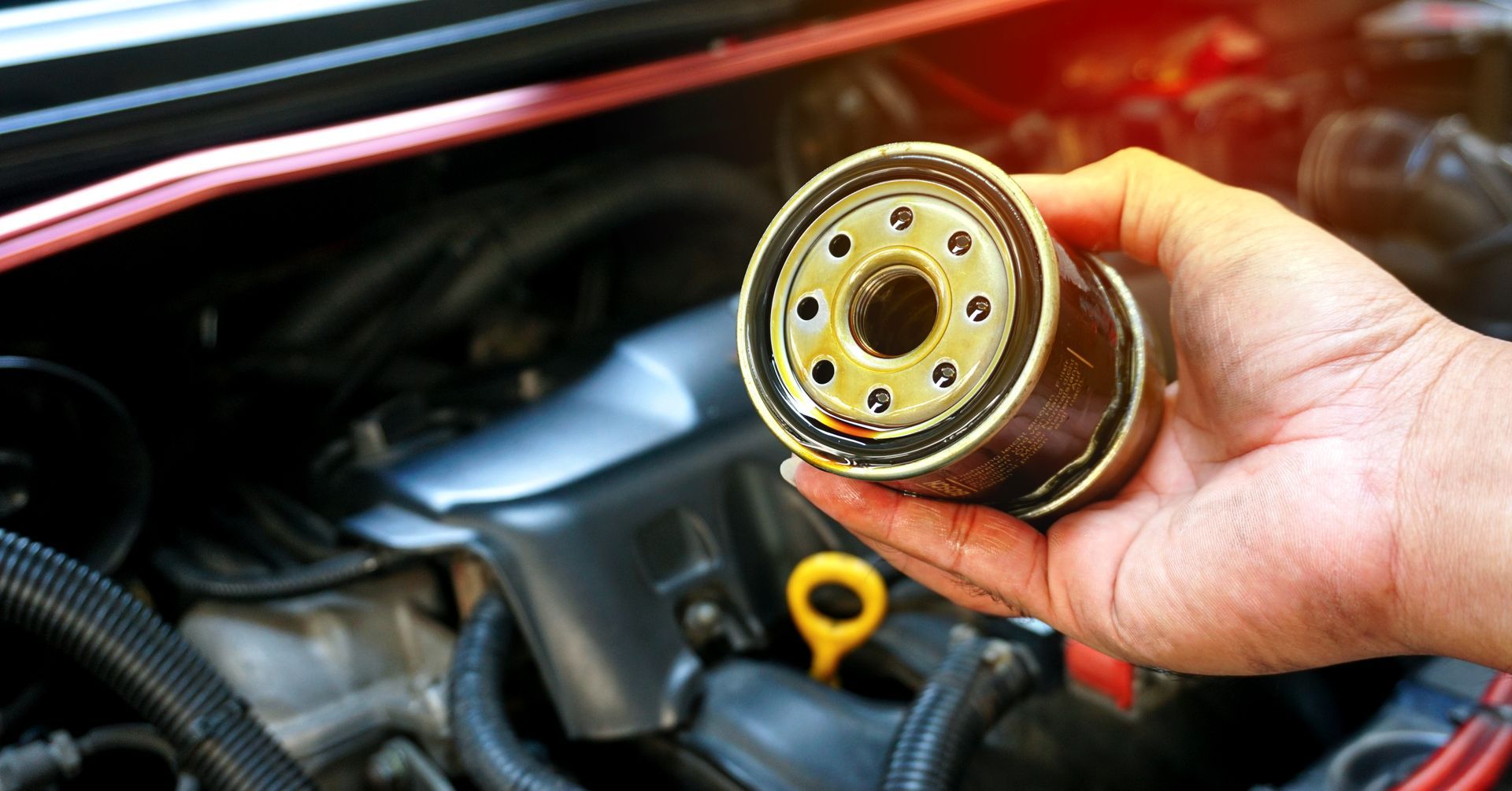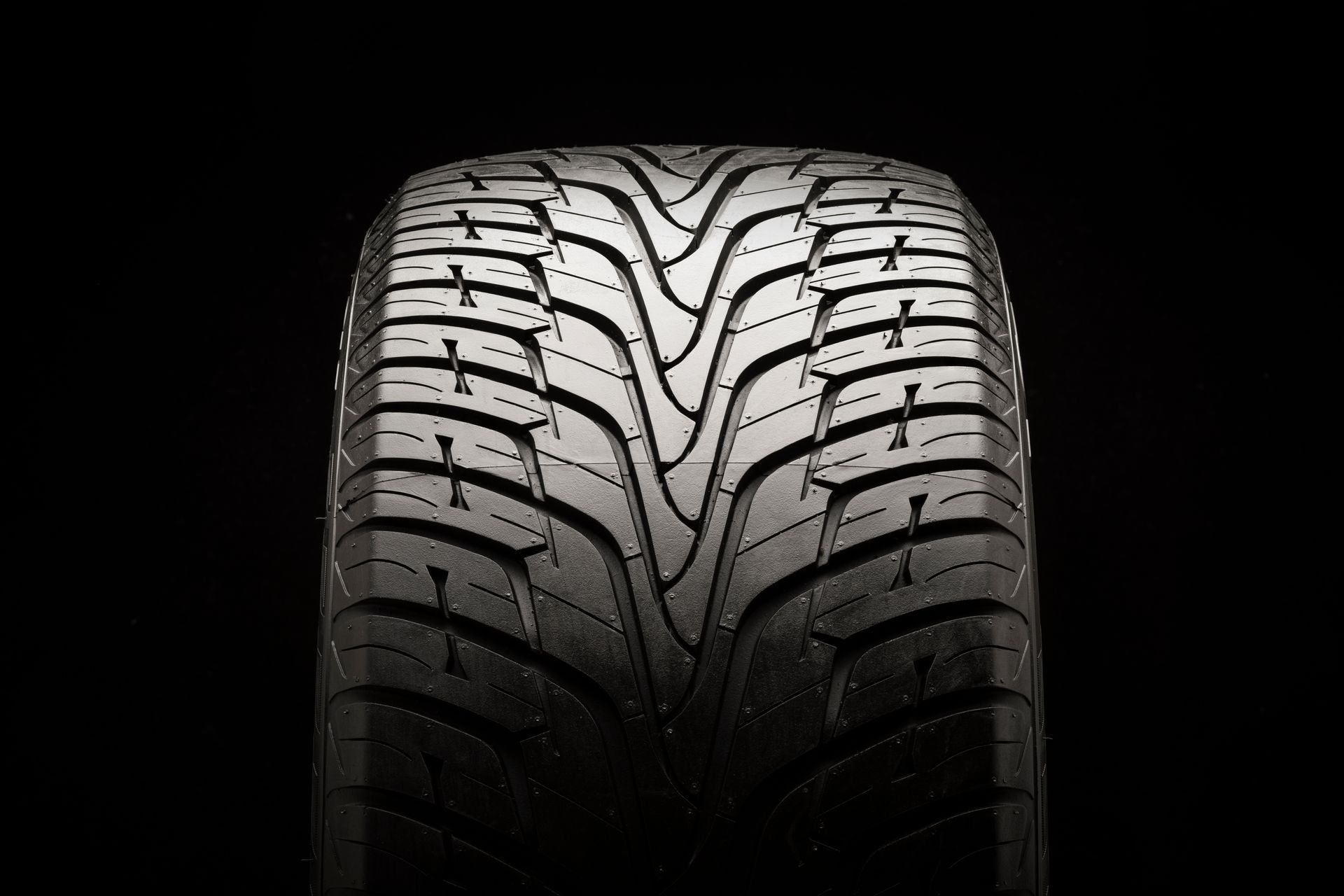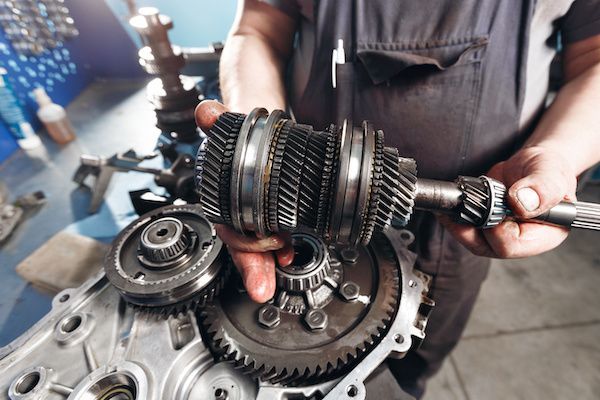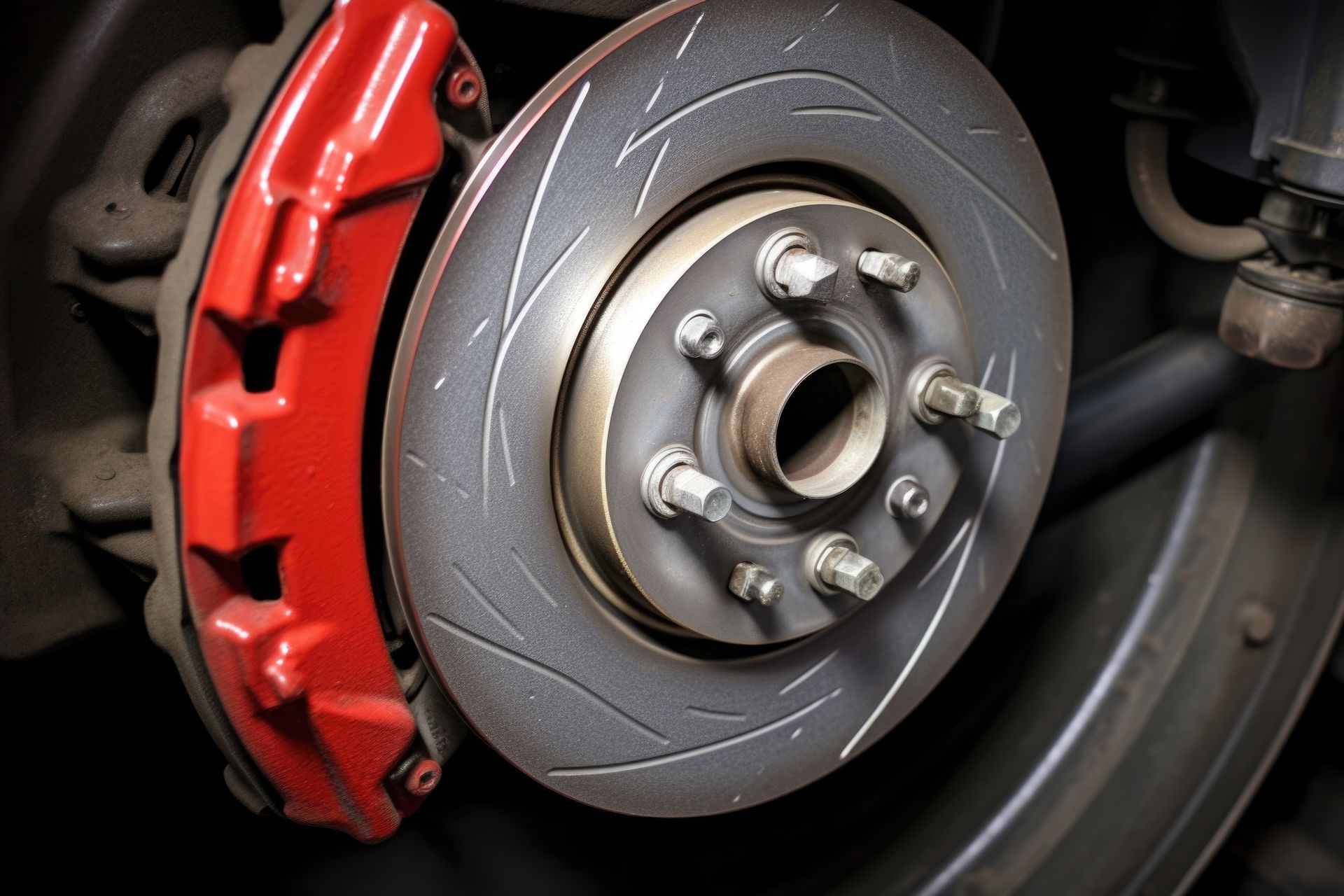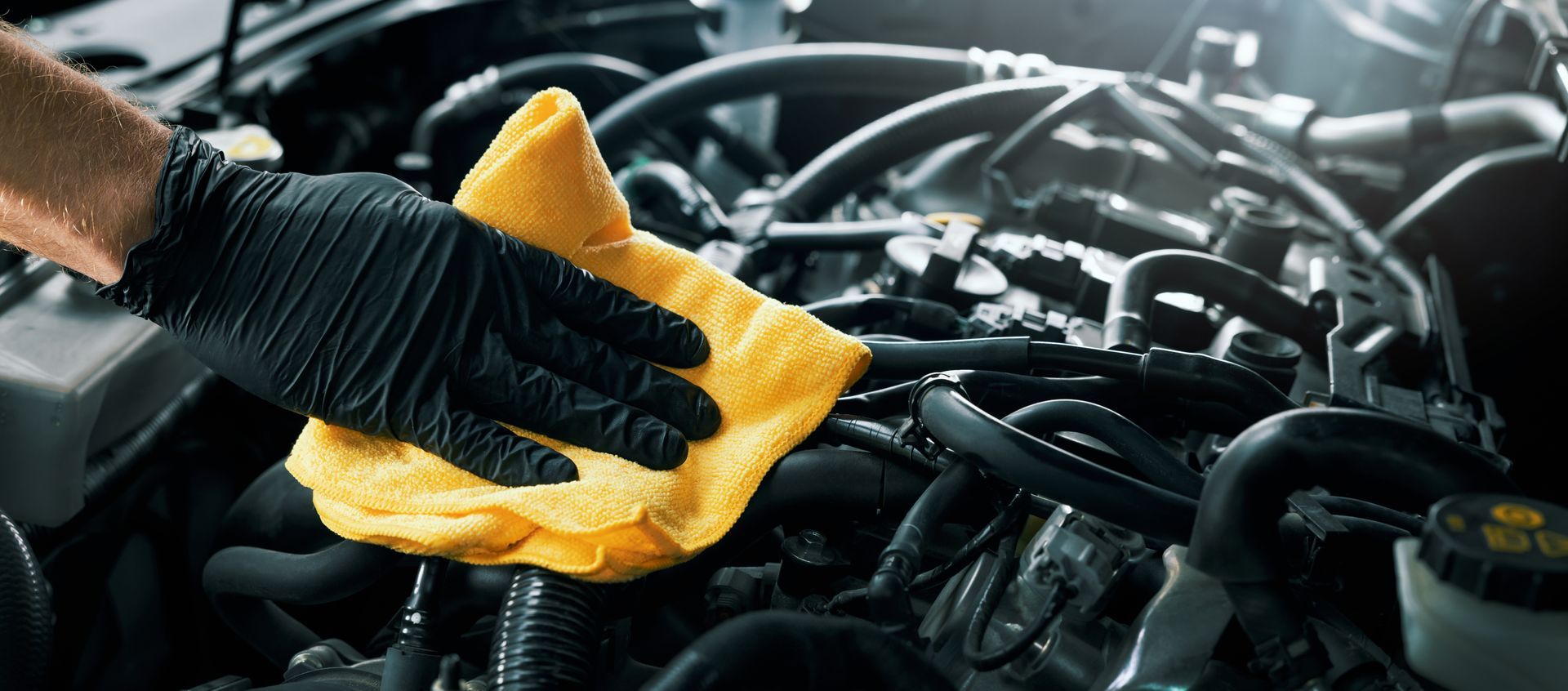Get in touch
Loading ...
Missing business hours data / Error occurred while getting the data.
Loading ...
Missing business hours data / Error occurred while getting the data.
How Does The Fuel System Work?
How Does The Fuel System Work?
Have you ever wondered what happens after you twist your car key or push that start button? While many take it for granted, the process that unfolds under the hood is both critical and fascinating. The fuel system plays a pivotal role in ensuring that your journey is smooth and uninterrupted - your car literally can't move without it!
The fuel system Explained
At the core of every internal combustion engine lies the fuel system—a network of components designed to store and deliver fuel to the engine in an efficient and precise manner. It's an engineering marvel that balances complexity and simplicity in equal measures.
The Fuel Tank and Pump
The journey begins at the fuel tank, your vehicle's reservoir for gasoline or diesel. Here, fuel waits patiently for its turn to power your travels. But how does it get from this secure location to the engine's chambers? The fuel pump, a vital component that provides the pressure needed to transport fuel from the tank through the lines leading up to the engine.
Filtration - Keeping Contaminants at Bay
As fuel travels, it must remain clean and uncontaminated. That's where the fuel filter comes into play. It acts as a guardian, trapping any debris or impurities that could jeopardize the performance of your engine.
Fuel Injection
Once filtered, fuel reaches its critical juncture—the fuel injectors. These sophisticated nozzles are tasked with delivering a precise amount of fuel into the engine's cylinders. The injectors ensure that fuel enters in a fine mist, facilitating optimal mixing with air for combustion.
Regulation & Control
But precision isn't enough without control. The system utilizes various sensors and regulators to maintain proper fuel pressure and volume, adjusting for changes in engine load, speed, and temperature. This ensures consistent performance whether you're accelerating onto a highway or cruising along a country road.
Keeping Your Engine In Sync
Every component within this high-stakes relay race must perform flawlessly to keep your engine running smoothly. The careful calibration between these parts results in responsive acceleration when your foot presses against the pedal—transforming liquid fuel into kinetic energy that powers forward motion.
Now, let's answer some common queries regarding your vehicle's fuel system:
Q1: How often should I replace my vehicle's fuel filter?
A: Typically every 20,000-30,000 miles or as recommended by your vehicle manufacturer.
Q2: Can a faulty fuel pump show any symptoms?
A: Yes, symptoms can include difficulty starting, sputtering at high speeds, or loss of power while accelerating.
Q3: Are all fuel injectors alike?
A: No, they vary based on type (e.g., port injection vs direct injection) and are specific to each vehicle's requirements.
Q4: Is premium gasoline better for my car's fuel system?
A: Not necessarily; use the grade recommended by your vehicle manufacturer unless specified otherwise.
Q5: Can low-quality fuel damage my engine?
A: Yes, fuels with impurities or incorrect additives can lead to deposits and wear on engine components.
Keep your fuel system working, engine running, and vehicle purring with the pros from Sant Automotive! It's as simple as booking an appointment and leaving the rest to us.
Loading ...
Missing business hours data / Error occurred while getting the data.
our address
Have trouble finding us?
Loading ...
Missing nap lines data / Error occured while getting the data.


